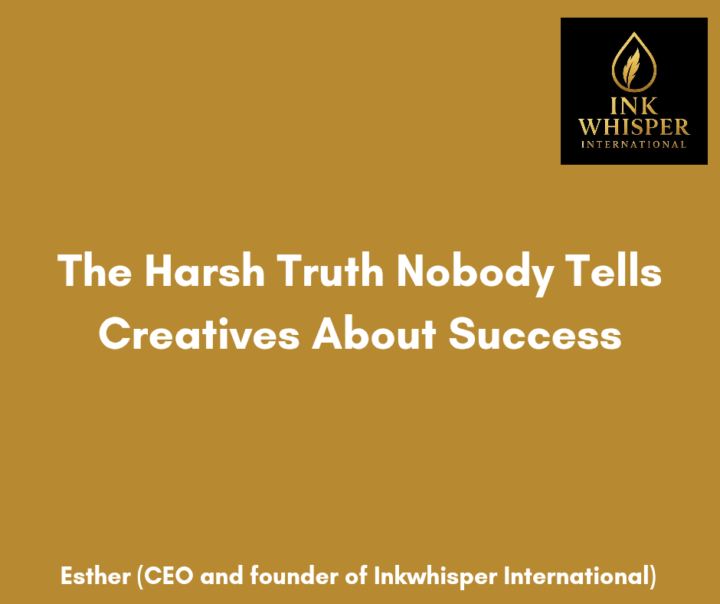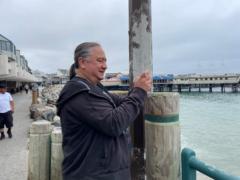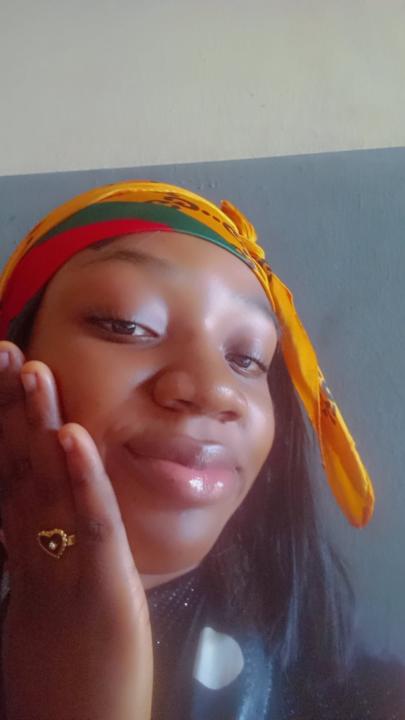Activity
Mon
Wed
Fri
Sun
Nov
Dec
Jan
Feb
Mar
Apr
May
Jun
Jul
Aug
Sep
Oct
What is this?
Less
More
Memberships
Writers 2 Authors
79 members • Free
𝙂𝙊𝙊𝙎𝙄𝙁𝙔 🍓🐛🦋🌈⭐️🩷
4.9k members • Free
Negocio y Marketing en Español
107 members • Free
The Spanish Way Community
80 members • Free
Champion Makers Español
200 members • Free
The Growth Lounge
318 members • Free
Faceless Films (Free)
4.2k members • Free
Filmmakers & Photographers
2.9k members • Free
Words To Film By™: FREE 🎬
145 members • Free
14 contributions to One Grand Film Skool
1. The Lie Assignment
One lottery thing I attempted was a screenplay competition that shall remain nameless. I entered it and payed extra for the feedback. The feedback was just the guy or gal’s rant on how much they despised my concept. Which is fine but please give me some feedback on structure. Or character. Or pacing. Something that could have helped me on a polish. I would have liked it if the person liked the concept but I didn’t really care about that. But I really would have liked a constructive useful critique What did it cost me. About a hundred and fifty bucks. And a lot of frustration for the shitty feedback. Biggest takeaway from this lesson is that even if you do finish a feature or two they better be as good as but probably better than Britt’s films and you still have to win Sundance if you want to break in. I was part of a group of writers and we all collaborated on a film and we were accepted to a festival and we were bamboozled by a producers rep and sales agent who got our film on Amazon. We never saw a penny from what ever money that was made. The movie is still available on the platform.
1 like • 6d
That sounds really frustrating. Paying for feedback and only getting someone’s rant instead of constructive notes is the worst. At the end of the day, useful critique is what actually helps us grow. Thanks for sharing this, it’s a good reminder to be careful where we invest our time and money in this industry.
Hidden Secret About Writing
Ghostwriting is a strange kind of magic. My job is to write in a way that doesn’t sound like me at all. When it’s done right, the client reads it and says, “This sounds exactly like what I would have written only better.” The secret? I don’t just listen to their words. I study their rhythm, their quirks, the phrases they repeat without even noticing. Some love long, winding sentences. Others can’t go three lines without a punchy stop. Some hide behind formality, others thrive on boldness. By the time I’m done, their voice becomes my second skin. And that’s when ghostwriting stops being “content” and turns into identity. 👉 Companies don’t just need words; they need words that sound like them. That’s the gap I bridge every day.
2
0
Why Most Businesses Fail
Your first sentence decides if the rest will ever be read. Think about it, how many emails, reports, and LinkedIn posts die in the first line because they fail to spark curiosity?🤔 In business writing, the first sentence isn’t just an opener. It’s a gatekeeper. Here’s why it matters more than most professionals realize: 1. Attention is scarce. Executives skim, not read. If your first sentence doesn’t grab them, you’ve lost the chance to persuade. 2. Tone is set instantly. A dull opener signals a dull message. A sharp one makes the reader lean in. 3. Clarity creates trust. If the beginning is confusing, the rest won’t be taken seriously. So, how do you write first sentences that hook? ✔️ Start with a surprising fact. ✔️ Ask a question they have to answer in their head. ✔️ State the problem they’ve been ignoring. ✔️ Be bold enough to make them curious. Here’s a quick test: After reading your first line, would you keep reading? If not rewrite it. Because in business, the first sentence can be the difference between… 📉 A document that gets skimmed and forgotten. 📈 Or one that gets read, remembered, and acted on. What’s the most memorable first sentence you’ve ever read in business writing?. Drop it in the comment session
The Harsh Truth Nobody Tells Creatives About Success
The Harsh Truth Nobody Tells Creatives About Success If you’re a writer, producer, or novelist, I want you to hear this from someone who’s been in the grind: Your talent is not your problem. Your visibility is. I know, it’s tempting to believe that if you just keep making great work, the world will eventually notice. But in today’s noise, the “if you build it, they will come” fantasy will keep you broke and bitter. I’ve met authors who can write like Hemingway, but can’t pay rent. I’ve seen screenwriters whose scripts could win awards buried in Google Drive folders nobody’s ever opened. So, here’s what you must start doing if you want your work to feed you: Treat your name like a brand, not a signature. A book or project isn’t the end goal it’s a vehicle for your name to travel farther. Show the making, not just the made. People love stories about the process. Let them in. Share drafts, deleted scenes, messy voice notes. The audience becomes invested in you, not just your product. Ask for the sale without flinching. Too many creatives hide behind “I don’t want to seem pushy.” No. Your audience wants to support you they just need to be told how. Think in ecosystems, not single launches. Don’t just publish a book build spin-off newsletters, behind-the-scenes content, paid workshops. Every project should sprout multiple income streams. If you hate marketing, reframe it. Marketing is just storytelling about yourself. And if you can write compelling characters, you can write about you. Stop waiting for permission. Stop assuming the right people will “just find” your work. In the business of creativity, being invisible is more dangerous than being imperfect. Your next breakthrough isn’t about making something new. It’s about making sure the right people see what you’ve already made.

📣 New Course Drop: The INVESTORLESS Feature Film
The Investorless Feature Film Course is Live Inside the Community Alright, filmmakers — this is the big one. The full Investorless Feature Film course (aka The Indie Film Flywheel) is now live in the Classroom tab. If you’ve been serious about making your first feature — without waiting for permission, investors, or “someday” — this is the step-by-step roadmap you’ve been looking for. Why you should take it (right now): 🎯 Clarity: Learn the only replicable career strategy that works for actors, writers, and directors — making a small, personal feature with the resources you already have. 🔥 Speed: Cut years of trial-and-error and get from idea → finished film faster than you thought possible. 📈 Momentum: Build a career flywheel where every film fuels the next — bigger audience, better collaborators, and more opportunities each time. 🚫 No Fundraising Required: Avoid the endless investor hunt. This approach is designed to keep you creating now, not waiting. 🤝 Collaboration: Learn how to attract the right collaborators without begging or chasing — and why the right people will want to work with you. 💡 Proven Examples: See how filmmakers like Greta Gerwig, Christopher Nolan, Robert Rodriguez, and Sean Baker used this exact principle to break into the industry. Plus, there’s a $500 reward if you finish in 5 days. This isn’t just a gimmick. I want to keep this community lean and full of action-takers. If you finish on time, you’ll unlock a filmmaking tool I’ve only shared with my private clients. This course is $1, but will be sold online for $47. Just to find filmmakers that are serious. 👉 Go to the Classroom tab now and click “Investorless Feature Film” to begin. Let’s get that first film in the can. – AJ Rome
1-10 of 14
@esther-adebanjo-2199
I'm Esther, I help authors, writers & producers grow visibility, monetize their work, and turn passion into a profitable, lasting creative career.
Active 5d ago
Joined Sep 11, 2024
London
Powered by



